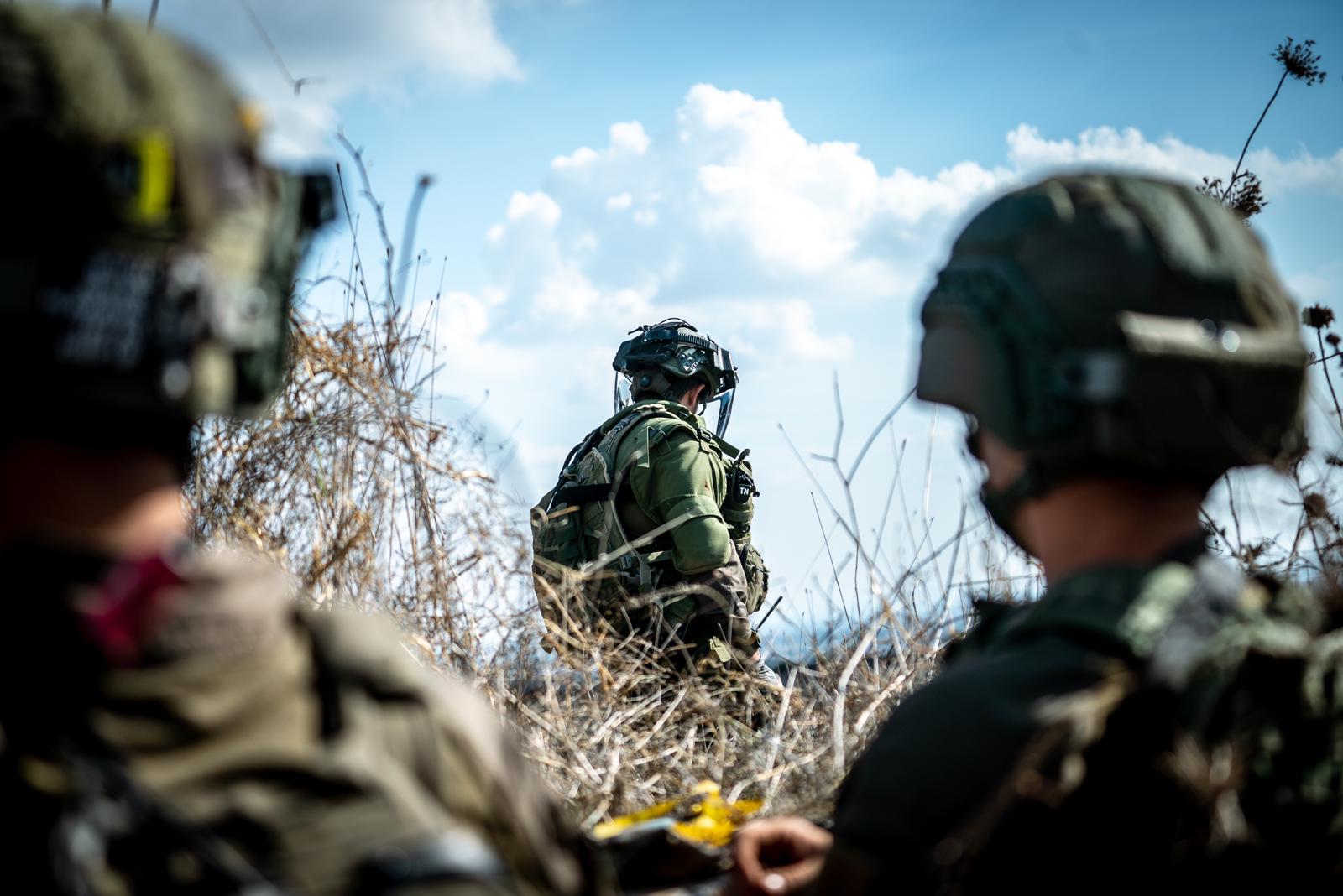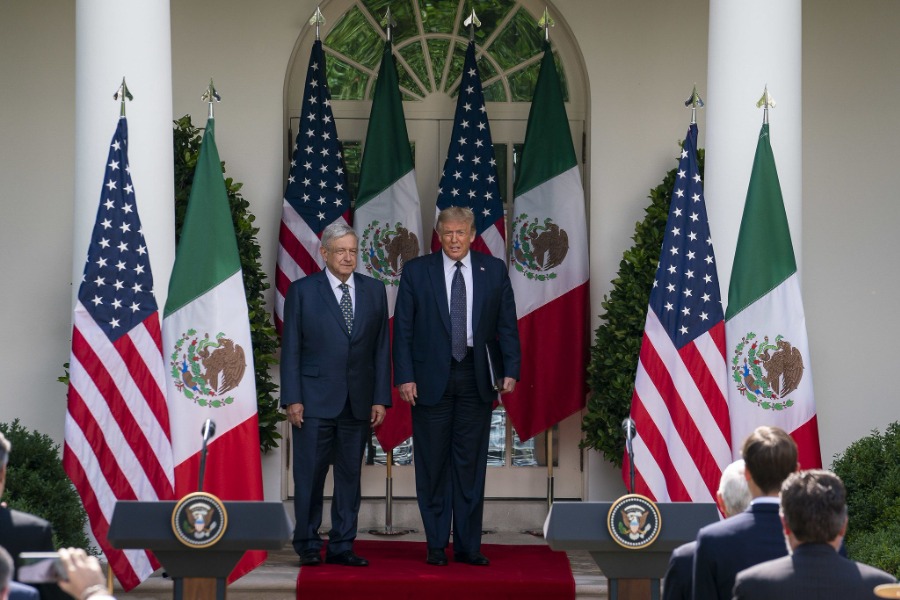Was Israel’s Strike on Iran a Good Idea? Four Questions to Ask

Over the past 36 hours, Israel’s military strikes on Iran’s nuclear and missile facilities, destruction of its air defenses, and large-scale killings of senior Iranian military leaders and scientists display the intelligence and military prowess that are often associated with Israeli operations. But military strikes, even ones that display impressive operational skills, can fail or even backfire in the long-term. Here are four questions I’m asking as I try to determine whether Israel’s move against Iran was strategically sound from an Israeli (and, to some degree, from a U.S) perspective or a raid that, despite its daring, made Israel’s strategic situation worse.
Can Iran Respond Effectively?
Israel is attacking Iran when the Islamic Republic is weak. Israel already devastated Iran’s main proxy force, the Lebanese Hezbollah, in a sustained intelligence and military campaign in September and October (similar, in some ways, to what Israel is inflicting on Iran today). Israel sabotaged the group’s pagers and walkie-talkies, assassinated numerous military as well as political leaders, including Hezbollah’s longstanding head, Hassan Nasrallah, and destroyed around 80 percent of the group’s rocket and missile arsenal. Hezbollah coughed and sputtered in its response and eventually agreed to a ceasefire on Israel’s terms. It shows no signs of wanting to join the fray today. Other proxies like the Houthis will probably launch some attacks on Israel as the conflict continues, but their overall contribution to Iran will be limited.
It is unclear to me whether Iran itself can mount an effective response to Israel. In the near term, Iranian command-and-control is disrupted and its air-defense network stripped bare. The killing of numerous commanders and attacks on airbases, missile sites, and other facilities are likely to make coordination very difficult, and coordination is vital if Iran hopes to overcome Israel’s formidable missile defense systems. So far, the drone and missile attacks Iran has launched against Israel have failed to inflict significant damage, and Israeli systems—with U.S. help—have proven effective. Some rockets and missiles are likely to get through, but Israel appears willing to accept at least limited casualties.
How Quickly Can Iran Rebuild?
Israel claims to have destroyed the Natanz nuclear facility (and it has at least damaged it), one of Iran’s main nuclear facilities buried deep underground, along with attacks on other sites—and more is yet to come, according to Israeli leaders. Once the conflict ends (though there is no prediction on when that might be, to be clear), Iran is likely to try to rebuild its program. Indeed, as Middle East expert Kenneth Pollack argues, Tehran might take a lesson from Saddam Hussein’s Iraq which, after the 1981 Israeli attack on its Osiraq reactor, poured money into a clandestine program that came very close to success. Iran has already enriched significant amounts of uranium to 60 percent, a level from which it could easily upgrade to the 90 percent or more necessary for a nuclear weapon. Israel is trying to target any stockpiles of enriched uranium, but whether it can find and destroy all of it is uncertain.
The shock of the Israeli strike is likely to bolster harder-line thinking in Tehran: rebuilding efforts are likely to prioritize dispersal, redundancy, and—most ominously—rapid weaponization of Iran’s already highly enriched uranium stockpile. For years, Iran has been “close” to a nuclear weapon, inching towards the line of nuclearization but never crossing it. Today, however, Iran’s calculations are different. After Tehran negotiated with the United States and signed the Joint Comprehensive Plan of Action in 2015, the United States withdrew in 2018. When it tried again in the last few months, Israel attacked—with Trump claiming that he knew Israel was going to attack even as he urged Tehran to negotiate, a statement that is likely to make Iran think that the United States was negotiating to give Israel cover for a surprise attack. Iranian leaders in the future might look at this record and conclude that they need a nuclear weapon because the United States will not negotiate in good faith.
Will the Conflict Spread?
The Iran-Israel conflict might not stay confined to the two countries. Iran might conclude that longstanding U.S. security coordination with Israel, aid to Israel’s air defenses, and other assistance means that the United States is using Israel as a proxy and thus America really is part of the war. Or Iran might miscalculate, believing pressure on America or its Gulf allies will lead to greater international pressure to end the war. When two countries are at war—and when that war involves flying over the territories of other countries to fight it—it’s not hard to imagine scenarios for conflict to spread.
An expanded conflict, however, brings in a lot more potential for death, destruction, and chaos. Iran’s various proxy groups would find it easier to attack Saudi Arabia or U.S. forces and facilities in Iraq than they would Israel. International terrorism against U.S. and Gulf state targets is probably easier than hitting Israel’s better-defended sites. Americans might see the war very differently if it involves large numbers of U.S. deaths.
Will the United States Engage or Watch From the Sidelines?
The United States has sent mixed messages on the conflict so far. Trump was publicly opposed to an Israeli attack, urging negotiations instead, and Secretary of State Marco Rubio initially made clear that the United States was “not involved” in the strikes. Trump, however, has quickly claimed credit for what seems to be Israel’s successes—a change in position that is familiar to all Trump-watchers. Yet, regardless of whether Trump criticizes or cheerleads, it is not clear what the U.S. government will do.
On the one hand, the United States might join the military action, helping Israel target particularly difficult nuclear sites such as Fordow, which is buried in a mountain. If Iran decides that the U.S. is involved anyway because of longstanding security cooperation and assistance with Israeli air defense, it might strike the United States without the U.S. attacking first. On the other hand, the United States might push Israel and Iran to deescalate, working with allies to use both threats and sweeteners to bring about a ceasefire. A third possibility, however, is that the United States does nothing, with the president simply cheering on Israeli successes and Monday-morning quarterbacking Israeli mistakes.
Israel’s strikes have dealt Tehran a spectacular tactical blow, but the strategic balance is still in flux. Whether the United States leans in will shape both the duration and geographic scope of the conflict. For now, Israel’s technical triumph masks a volatile strategic landscape, and U.S. policy choices will help determine whether Israel’s recent raid is remembered as a decisive preventive action or the opening salvo of a wider, costlier and ultimately foolish war.





